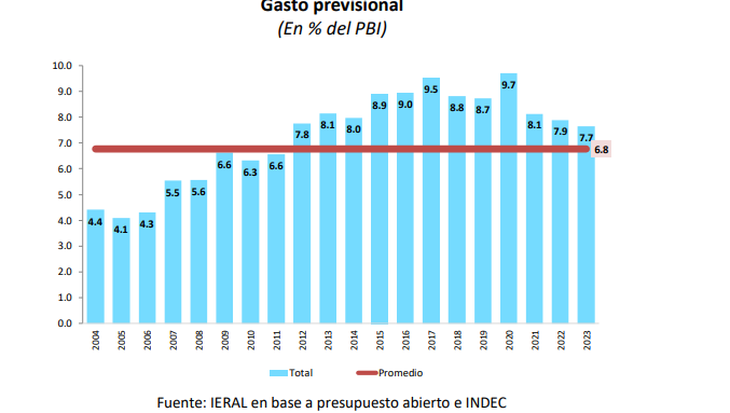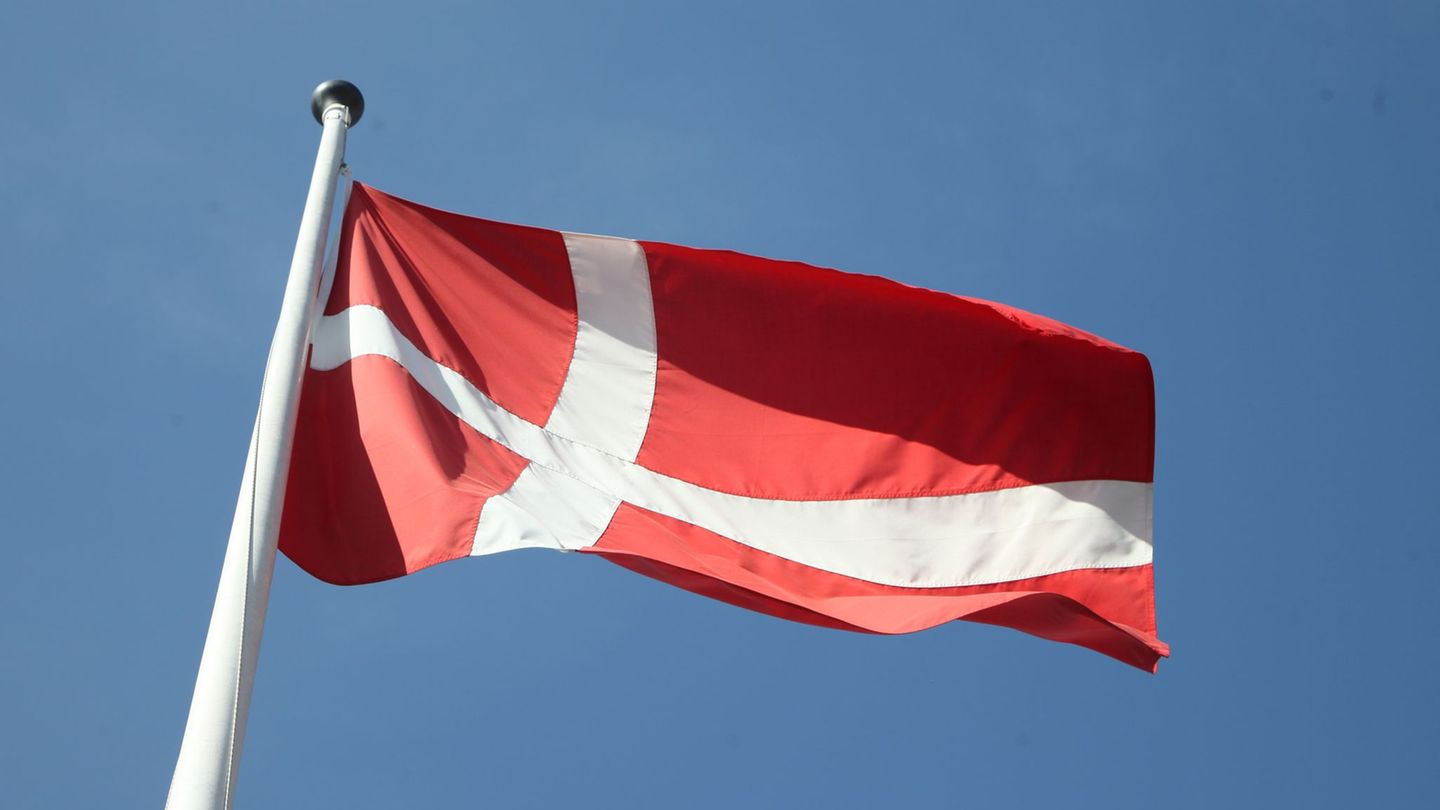The $70,000 bonus for retirees that the Government has been granting every month to those who receive the minimum and accessed the benefit through the moratorium, could be the key to resolve differences with the opposition, which is promoting a new pension law that is now in the Senate after obtaining approval in the House of Representatives.
This is stated in a report by the Institute for Economic Research on the Argentine and Latin American Reality (IERAL)the business and economics school of the Mediterranean Foundation.
The reference work states that a more detailed “targeting” of the benefit could generate the resources to meet the increase in pension expenditure provided for in the law, without affecting the fiscal result.
Screenshot_2024-07-29_14-30-02.png
Furthermore, for IERAL, the law that was promoted by the dialoguing opposition and had the support of more than two thirds of the Chamber of Deputies has a superiority, is that legally it is more solid than the current DNU 70/2023 issued by the Government.
“From the point of view of the Financial sustainability helps to avoid the generation of lawsuits which, beyond the fact that public accounting does not record them as such, operate as a liability that erodes the solvency of public finances,” the report states.
In this regard, it is noted that “the project requires a increase in spending that can be offset by a simple decree that better focuses the bonus.”
“In this way, the project allows for the consolidation of a level of pension spending that, in From a historical perspective and international comparison, it appears to be more sustainable,” the report states.
Screenshot_2024-07-29_14-30-44.png

IERAL then states that “this will facilitate the path towards a future comprehensive reform which, together with the promotion of quality employment, are the essential links to restore the equity and financial solidity of the pension system.”
According to the study, Last July, spending on pension benefits was equivalent to 4.5% of GDP, to which was added 0.7% of GDP in bonds. If it were Under the opposition’s plan, spending on salaries would increase to 4.9% of GDP and bonuses would be 0.3% of GDP.
Another report estimates that the expenditure can be financed with the new law
The numbers are similar to estimates from the Congressional Budget Office (CBO), which calculated that the DNU establishes spending of pension system at 6.14% of GDP, while the opposition’s project sets it at 6.54%. The expense is slightly higher, but analysts consider that it would be financeable.
“In a historical perspective Total expenditure would be below the average of recent years and at the level it had before the massive incorporation of beneficiaries with moratoriums,” the report says.
In this sense, he adds that “in a comparative perspective, the project would allow pension spending as a percentage of GDP to return to levels similar to those recorded in countries with demographics similar to that of Argentina.”
He also argues that “the project reproduces, in general terms, the rule of updating pension benefits based on inflation, as established by the DNU.”
The opposition project is ready to be discussed in the Senate, although due to political reasons, the analysis in committee has been delayed.
Source: Ambito




